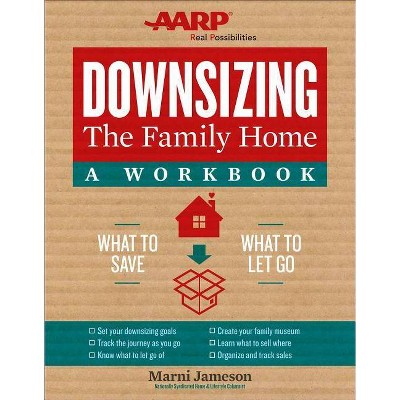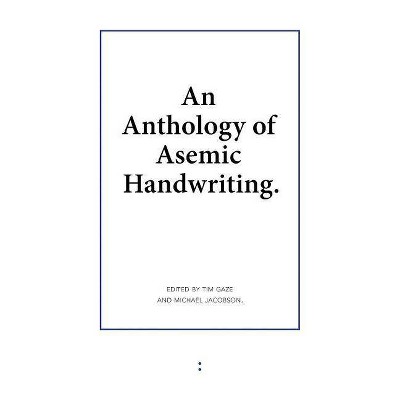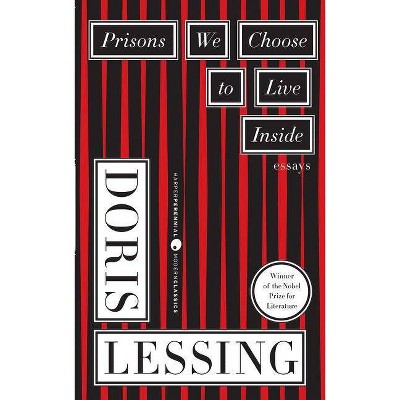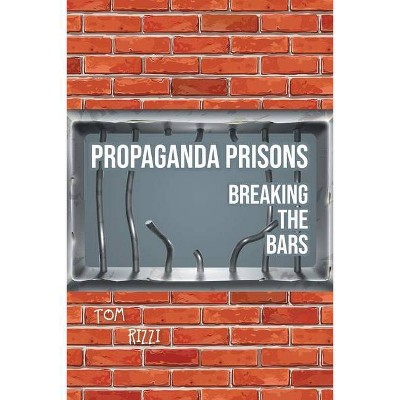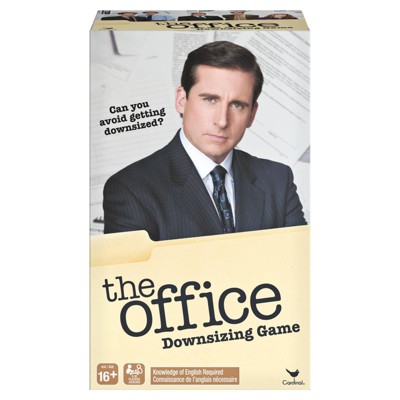Downsizing Prisons - by Michael Jacobson (Paperback)
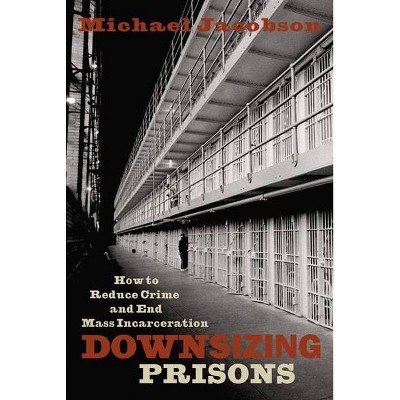
Similar Products
Products of same category from the store
AllProduct info
<p/><br></br><p><b> About the Book </b></p></br></br>"There is a better path, and this book shows us how to find that new direction." --Los Angeles Times"Downsizing Prisons offers an innovative approach to reducing the strain on America's overcrowded prisons: namely, by fixing the dysfunctional parole systems in states around the country. . . . Jacobson's book comes at exactly the right time." --Mother Jones"Policy wonks, journalists, elected officials and students of criminal justice will find the arguments and data in this book worth grappling with." --New York Newsday"Should be read by the public and used by policy makers. Essential." --Choice"Downsizing Prisons explains not only why current incarceration policy is not working, but what we can do about it. Michael Jacobson's blueprint provides an overview of a pragmatic strategy that can reduce the size of our bloated prison system while improving prospects for public safety." -- Marc Mauer, author of Race to Incarcerate"A very timely book, offering a unique and important perspective on a topic of widespread concern." --David Garland, author of The Culture of Control"In this excellent book, Michael Jacobson addresses one of the most important problems facing our society today, our bloated prisons. He traces their growth, the unintended consequences of this excessive punitive development and examines 'the new reality' of managing the hundreds of new, overcrowded prisons. He also demonstrates that this expansion has done nothing to reduce crime." --John Irwin, author of The Felon"Michael Jacobson's excellent book combines the hands-on experience of a seasoned policy practitioner with a researcher's keen sense of the political and economic climate in which criminal justice policy isformed." --Bruce Western, co-editor of Imprisoning America: The Social Effects of Mass IncarcerationOver<p/><br></br><p><b> Book Synopsis </b></p></br></br><p>Over two million people are incarcerated in America's prisons and jails, eight times as many since 1975. Mandatory minimum sentencing, parole agencies intent on sending people back to prison, three-strike laws, for-profit prisons, and other changes in the legal system have contributed to this spectacular rise of the general prison population.</p><p>After overseeing the largest city jail system in the country, Michael Jacobson knows first-hand the inner workings of the corrections system. In <strong>Downsizing Prisons</strong>, he convincingly argues that mass incarceration will not, as many have claimed, reduce crime nor create more public safety. Simply put, throwing away the key is not the answer.</p><p/><br></br><p><b> Review Quotes </b></p></br></br><br>Downsizing Prisons explains not only why current incarceration policy is not working, but what we can do about it. Jacobsons blueprint provides an overview of a pragmatic strategy that can reduce the size of our bloated prison system while improving prospects for public safety.---Marc Mauer, author of Race to Incarcerate<br><br>Downsizing Prisons is an excellent, well-documented, and well-referenced case study. Jacobson is a seasoned policy practitioner who understands the fit of partisan, policy, and system politics. He has hands-on experience, understands what works, and knows first-hand the dysfunctional impacts of higher incarceration rates. He argues for more rational and effective cost-control approaches to crime control-- "Public Administration Review"<br><br>Downsizing Prisons offers an innovative approach to reducing the strain on Americas overcrowded prisons: namely, by fixing the dysfunctional parole systems in states around the country. . . . Jacobsons book comes at exactly the right time.-- "Mother Jones"<br><br>Policy wonks, journalists, elected officials and students of criminal justice will find the arguments and data in this book worth grappling with-- "New York Newsday"<br><br>Should be read by the public and used by policy makers. Essential.-- "Choice"<br><br>There is a better path, and this book shows us how to find that new direction.-- "Los Angeles Times"<br>
Price History
Price Archive shows prices from various stores, lets you see history and find the cheapest. There is no actual sale on the website. For all support, inquiry and suggestion messagescommunication@pricearchive.us
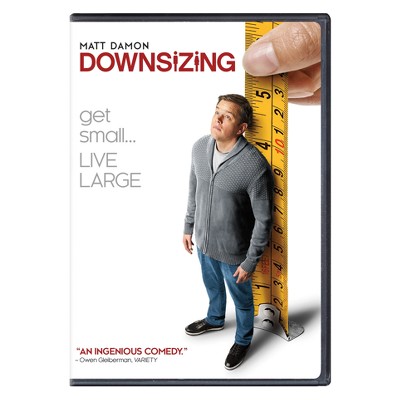
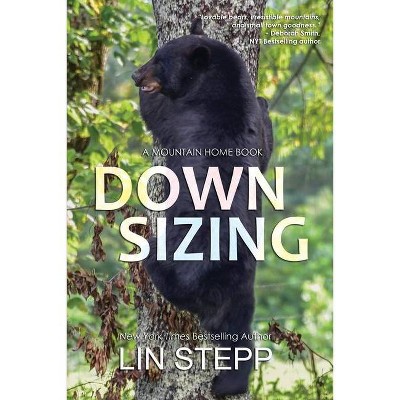
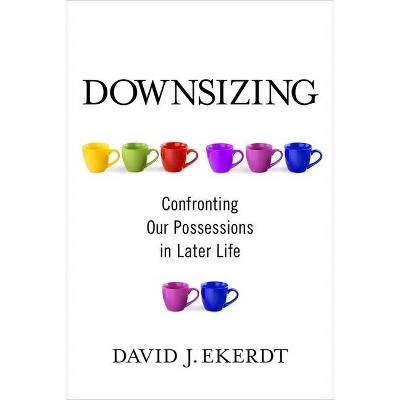
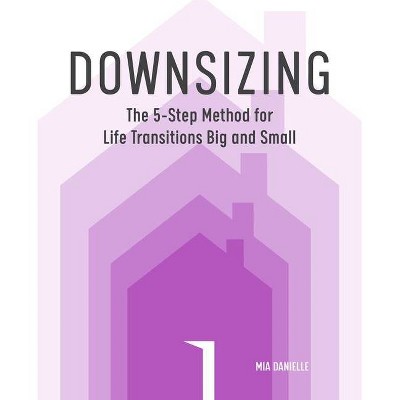
![Downsizing [DVD] [2017]](https://pisces.bbystatic.com/image2/BestBuy_US/images/products/6177/6177023_so.jpg)
